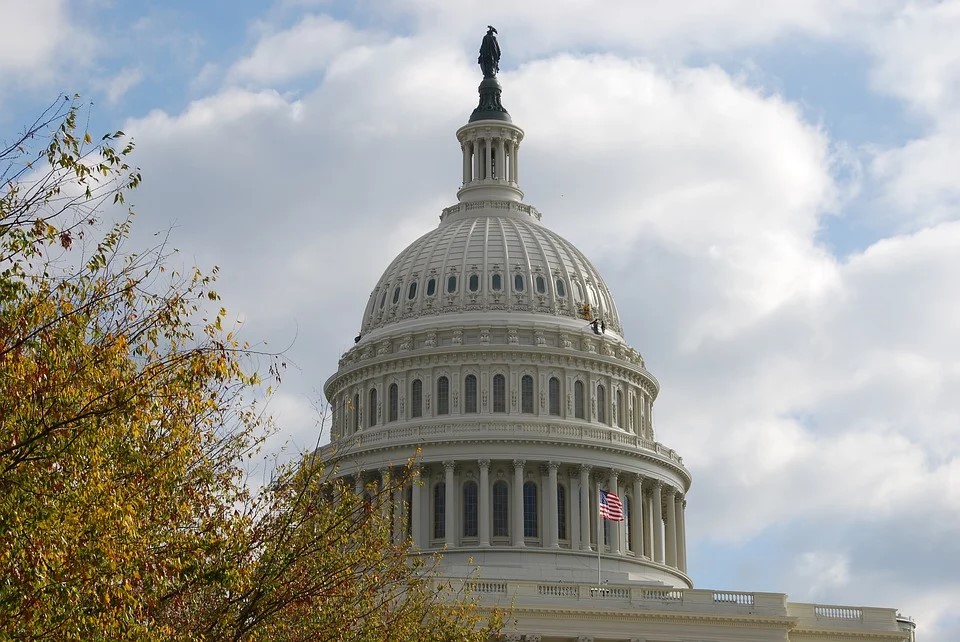Compliance
Congress Enacts Anti-Money-Laundering Act - Some Implications

New AML legislation has been enacted by Congress which builds a new set of obligations for financial institutions, including building a federal beneficial ownership registry. As previously reported, the US Senate recently voted by a veto-proof margin to outlaw anonymous shell corporations.
(An earlier version of this article appeared on January 8, 2021, in Compliance Matters, a sister news service to this one. The article is authored by Jodi Avergun and Christian Larson, partner and associate of Cadwalader Wickersham & Taft. The usual editorial disclaimers apply to the comments of guest contributors.)
On January 1 Congress overrode a presidential veto to enact the
Anti-Money-Laundering Act 2020. As part of the National Defence
Authorisation Act for the fiscal year of 2021, this statute
creates a broad range of new AML obligations for financial
institutions.
The Act creates a federal beneficial ownership registry that will
require many US entities to report beneficial information
directly to FinCEN periodically.
It creates a new "whistleblower program" for offences against the Bank Secrecy Act 1970. The new program removes an earlier program’s cap on rewards to informants and protects them more thoroughly from retaliatory acts by employers.
In addition, the Act creates two new criminal offenses relating to any misrepresentation to a financial institution of significant information concerning assets connected with senior foreign political figures or entities that the Government has designated as "primary money laundering concerns.”
The Act also includes (1) heavier penalties for persons who repeatedly violate the Bank Secrecy Act, (2) an additional fine in the amount of any profit gained due to an offence against the BSA and (3) a requirement that directors, officers, partners or employees of financial institutions should repay any bonuses they might have earnt as individuals during a year in which they offended against the BSA.
A new provision permits the Treasury and the Department of Justice to subpoena the foreign records of foreign banks that maintain correspondent accounts at US financial institutions.
Other provisions of the Act require FinCEN to (1) establish national AML priorities, (2) assess the usefulness of a "Bank Secrecy Act-focused no-action letter process" and (3) evaluate the adequacy of the thresholds above which financial institutions have to send off currency transaction and suspicious activity reports to the authorities.
The Anti-Money Laundering Act 2020 is the most comprehensive overhaul of the Bank Secrecy Act since the Uniting and Strengthening America by Providing Appropriate Tools Required to Intercept and Obstruct Terrorism Act 2001 (the USA PATRIOT Act). Spanning more than 85 pages of new statutes, the Act contains significant changes, minor tweaks and calls on government bodies to conduct studies.
Many of the new provisions, including some to create a federal registry of beneficial ownership, call for regulations that will be promulgated months or years from now. Other provisions, such as the new criminal offences, take effect immediately.
Requirements that relate to the beneficial ownership of private equity or family office ownership structures, as well as the expansion of the DoJ's authority to issue subpoenas to foreign banks with US correspondent accounts, warrant significant attention and represent a sea change from the previous AML regime.
